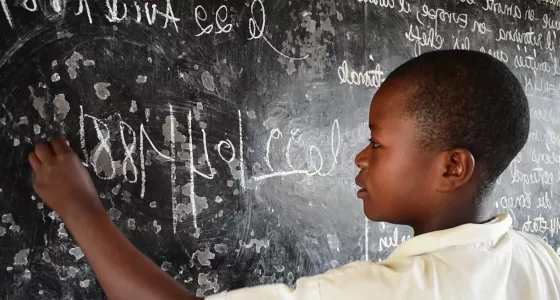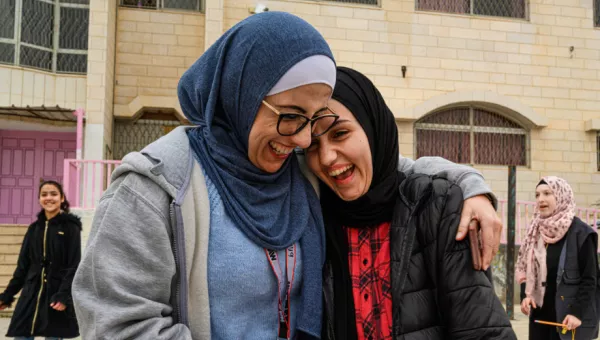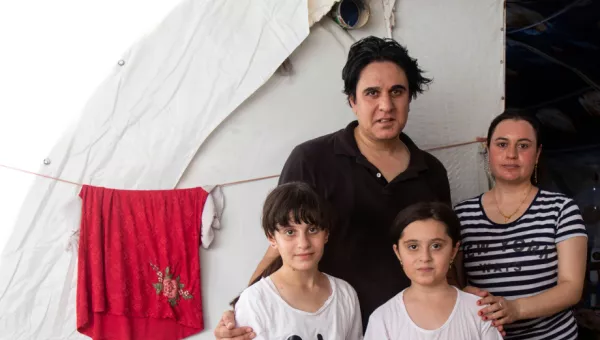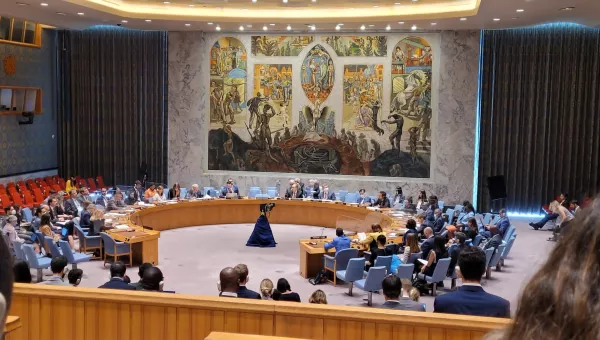All children have the right to an education, even in a conflict zone.
In times of crisis, children are often separated from their homes, schools and services which support them to survive and thrive and are vital to their healthy development and future. Over 75 million school-aged children in crisis-affected countries are in desperate need of educational support and many are already missing out on their education.
Not being able to go to school has a direct impact on a child’s development and wellbeing. Children who are not in education are at a much higher risk of abuse and exploitation such as being forced into dangerous work, child marriage, or being recruited into armed groups.
We work in conflict-affected areas to ensure children have access to safe, quality education; whatever their circumstances. We set up temporary learning spaces as soon as children are displaced, provide learning materials, and train teachers on how to support children who have experienced trauma and been caught up in conflict.
We rehabilitate schools damaged by conflict, provide catch-up classes and support teachers to ensure they can continue to teach in difficult circumstances. As well as working with teachers, we also work with families and communities so they have the skills and knowledge to support their children’s education. Our approach is gender-sensitive, and inclusive of marginalised groups as well as children with special educational needs.




